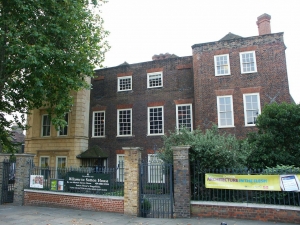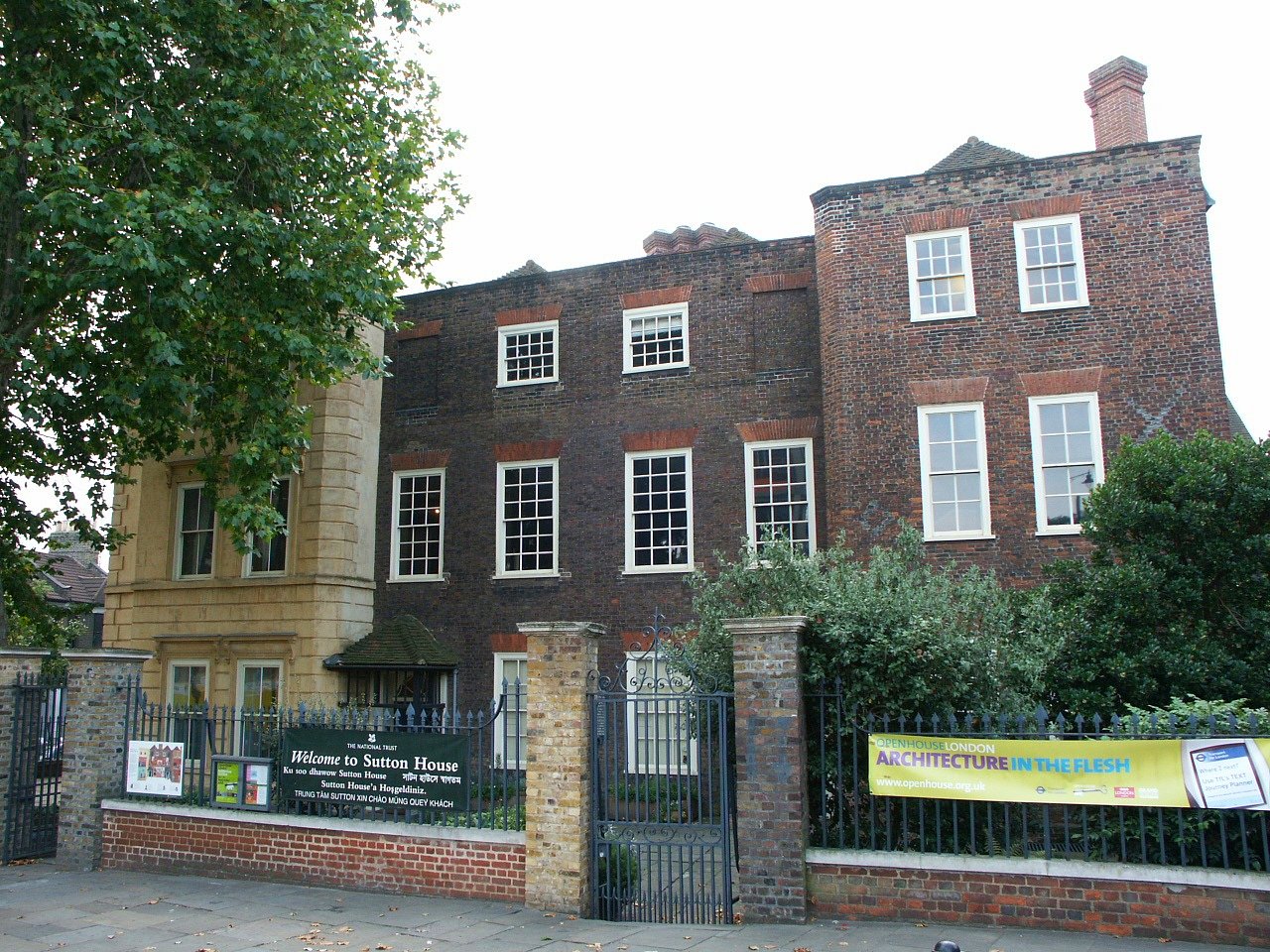This article draws on my experiences conducting ethnographic research in a small, Tudor, historic property in Hackney as part of the MY426 ‘Doing Ethnography’ course. Prior to the research, I volunteered at the museum for two years. I began the research by talking with one of the property’s custodians. He expressed frustration at the lack of in-depth information about visitor experiences at the house. The National Trust distributes surveys to its constituent properties to collect visitor feedback, however, we agreed that the added depth of an ethnographic study would complement the survey data nicely. After introducing myself to other volunteers, I reprised my role as a ‘room steward,’ standing in a sixteenth-century parlour answering visitors’ questions about the architecture and uses of the room. The visitors would ask questions to each other, and I would intervene with answers. This practice generated rapport, and a chance to talk to visitors about the complexity of the house’s history, and their responses to it. I would then sit with other volunteers and share stories about our experiences with visitors; what kind of questions they asked, what they seemed to find interesting. As a result of my volunteer status, visitors were willing to share their questions and complaints about the museum. One visitor wished there were more placards explaining the historical detail of the rooms. Others wondered why elaborate patterns were painted on the walls only to be covered up by wooden panels. Others were amused to know that much of the furniture in the house is a modern reproduction, and were left unsure as to just what was ‘original’ and what was not. The research ended with me setting aside my role as a volunteer and observing a guided tour as a member of the public, ensuring that I observed the property from a visitor’s perspective as well.
The research experience taught me that visitor feedback would benefit from being richer, more detailed and more precise, integrating the experiences of volunteers and visitors alike. While surveys, if well designed, can offer useful indicators of the overall success of a museum in educating and entertaining its visitors, they can be supplemented with detailed qualitative research. We could refocus on the specifics of individual museums, using knowledgeable, skilled volunteers as qualitative, ethnographic researchers. We could allow volunteers not only to collect data but also to set the research agenda. What do they see as the greatest challenges facing the organisations they have devoted themselves to? When visitors complain to volunteers, what are they complaining about? What can be done to address those complaints? By treating people within an organisation as research instruments, rather than research instigators, we fail to ground our research in what really matters to them.
How, then, to equip volunteers to investigate the cultures and challenges facing their museums? Colin Robson argues that there is, ultimately, a ‘common sense core’ to social research. The goal here is not to produce a peer-reviewed article or to nuance a grand theory. The goal is to allow volunteers to make powerful statements about the institutions they work for and contribute towards change processes therein. This is not, however, to suggest a laissez-faire approach. Indeed, Mohammad et al. (2015) propose a useful framework. They argue that practitioners can strengthen the rigour of their work through regular and reflexive consultation with their colleagues. Group discussion and knowledge-sharing would allow the most experienced volunteers to encourage and mentor less experienced ones. I conclude that a sense of collective ownership of the research will produce valid findings if they reflect the lived experiences of volunteers within the subject organisation. We can allow volunteers in museums to tell their own stories about their own practice. We should place more value on the insider expertise of practitioners, whether in the heritage sector, human services, healthcare, business or beyond. Social research is not a jealously-guarded secret. It has long been seen as a means of empowering those whose stories we tell. An inclusive, participatory approach to ethnography could empower practitioners still further, by allowing them to tell stories of their own.
—
Angus Smith is a graduate of the MSc in Social Research Methods. He wrote his thesis on feminist zines with male audiences and presented his findings at the International Conference on Interdisciplinary Social Science.




